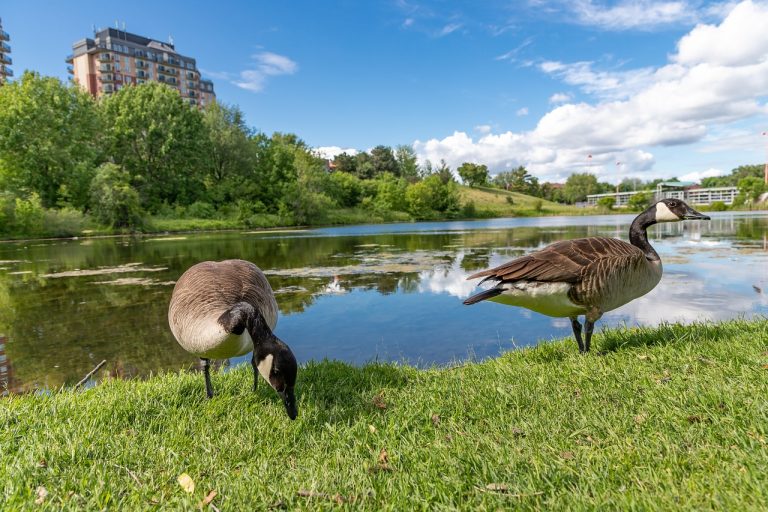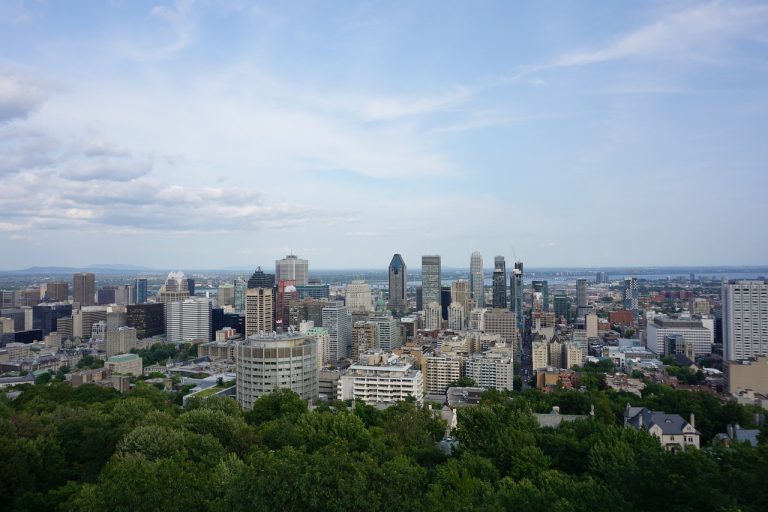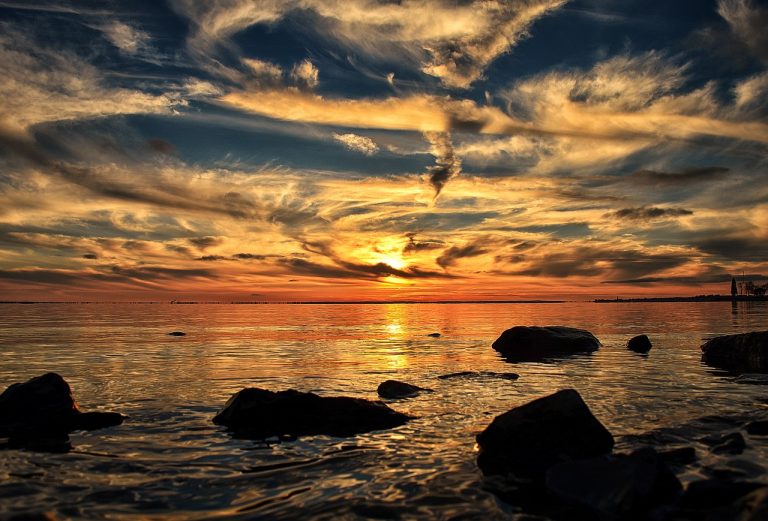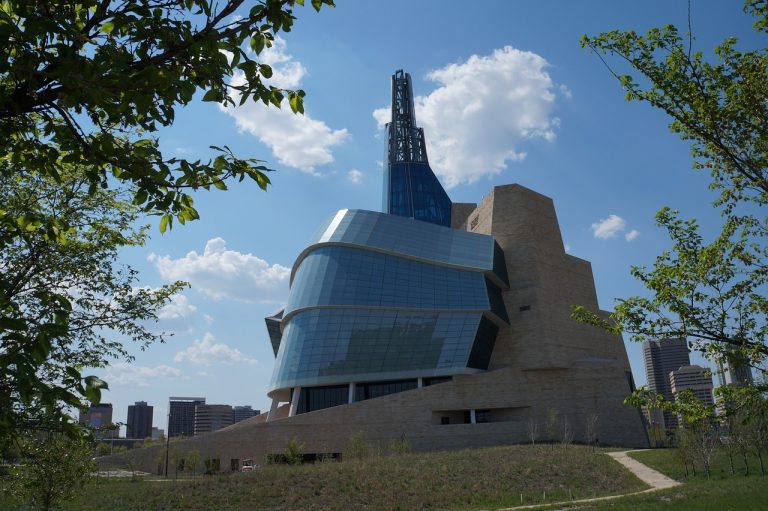Montreal Canada Video
The Cultural Evolution of Montreal Canada
Montreal, located in the province of Quebec, Canada, is a city rich in history and cultural diversity. Over the years, the city has experienced a significant cultural evolution, shaped by various influences and events. From its early indigenous roots to its status as a vibrant cosmopolitan hub, Montreal has a fascinating cultural heritage that continues to thrive today. In this article, we will explore the different stages of Montreal’s cultural evolution and the factors that have contributed to its unique identity.
Indigenous Heritage
- First Nations: The indigenous peoples of the Montreal region, including the Kanien’kehá:ka (Mohawk) and Anishinaabe (Algonquin), have a deep-rooted history in the area. Their cultures, traditions, and languages have played a significant role in shaping the region’s identity.
- Trade and Interaction: Montreal served as a hub for trade and interaction between indigenous communities long before European colonization. The city’s location along the St. Lawrence River made it a strategic meeting point for various tribes.
- Indigenous Influence: Indigenous influences can still be seen in Montreal’s art, music, and cultural practices. Powwows, traditional crafts, and storytelling events provide a glimpse into the rich indigenous heritage of the city.
Colonial Era
- French Settlement: In the 17th century, Montreal became a French settlement known as Ville-Marie. The French colonizers brought their language, customs, and architecture, which laid the foundation for Montreal’s distinct cultural identity.
- Catholic Influence: The Catholic Church played a significant role in shaping Montreal’s culture during the colonial era. Churches, such as the Notre-Dame Basilica, became iconic landmarks, and religious festivals and traditions became deeply ingrained in the city’s fabric.
- Fur Trade: Montreal became a key player in the fur trade industry, attracting traders from Europe and indigenous communities. This economic activity brought diverse cultures and languages to the city.
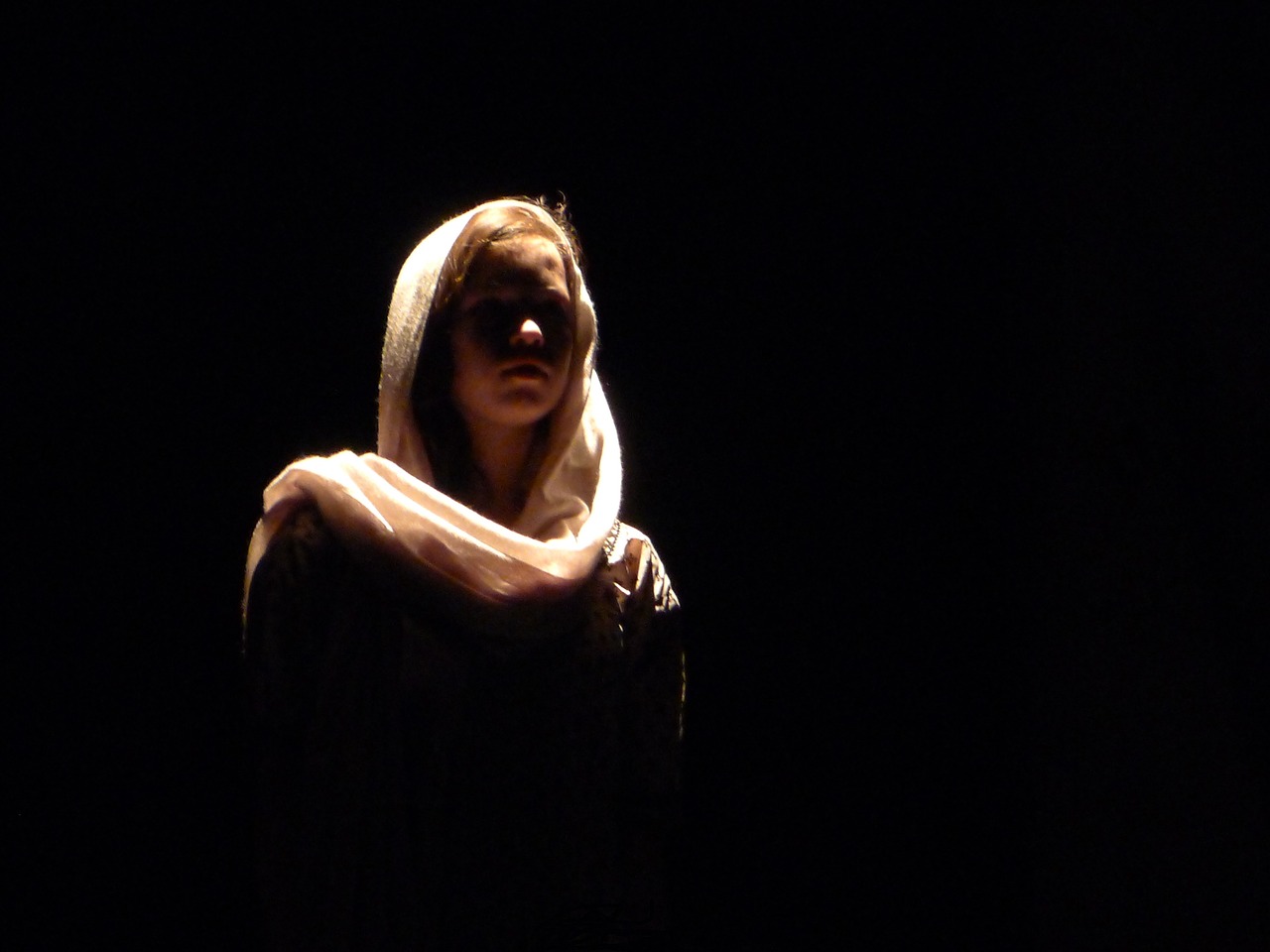
Immigration and Multiculturalism
- European Immigration: In the 19th and early 20th centuries, Montreal experienced an influx of immigrants from Europe, mainly from Ireland, Italy, and Eastern Europe. These communities brought their languages, traditions, and culinary influences, contributing to Montreal’s multiculturalism.
- Language Dynamics: The linguistic landscape of Montreal is unique, with both French and English being widely spoken. The city’s bilingualism reflects its diverse cultural makeup and has influenced various aspects of daily life, including education, politics, and media.
- Global Communities: Montreal continues to attract immigrants from around the world, shaping its cultural mosaic. Communities from Asia, Africa, and the Middle East have added to the city’s diversity, introducing new languages, cuisines, and traditions.
Arts and Cultural Renaissance
- Bohemian Culture: In the 1960s and 1970s, Montreal experienced a cultural renaissance, fueled by the rise of bohemian and counterculture movements. Artists, musicians, and intellectuals flocked to the city, creating a vibrant arts scene.
- Underground Music: Montreal became known for its thriving music scene, with genres like indie rock, electronic, and hip-hop gaining popularity. The city’s music festivals, such as the Montreal International Jazz Festival and Osheaga, attract international artists and audiences.
- Street Art: Montreal is renowned for its vibrant street art scene. Murals and graffiti can be found throughout the city, showcasing local and international artists’ creativity.

Modern Cultural Hub
- Film and Television: Montreal has become a popular filming location for both Hollywood and Canadian productions. The city’s unique architecture and diverse neighborhoods provide a backdrop for various films and TV shows.
- Gastronomy: Montreal is known for its vibrant food scene, with a fusion of international cuisines and local specialties. Iconic dishes like poutine and smoked meat sandwiches have become synonymous with the city.
- Festivals and Events: Montreal hosts numerous festivals and events throughout the year, celebrating music, comedy, art, and more. The Montreal International Jazz Festival, Just for Laughs, and the Montreal International Fireworks Competition are just a few examples.
Green Spaces and Recreation
- Parks and Gardens: Montreal boasts an extensive network of parks and green spaces, providing residents and visitors with recreational opportunities. Iconic parks like Mount Royal Park offer stunning views of the city and serve as gathering places for various activities.
- Bike Culture: Montreal is recognized as a bike-friendly city, with an extensive network of bike paths and a vibrant cycling culture. Bixi, the city’s bike-sharing system, allows locals and tourists to explore the city on two wheels.
- Winter Sports: Montreal’s winters offer opportunities for outdoor activities such as ice skating, skiing, and snowshoeing. The city’s numerous outdoor rinks and winter festivals embrace the cold season.
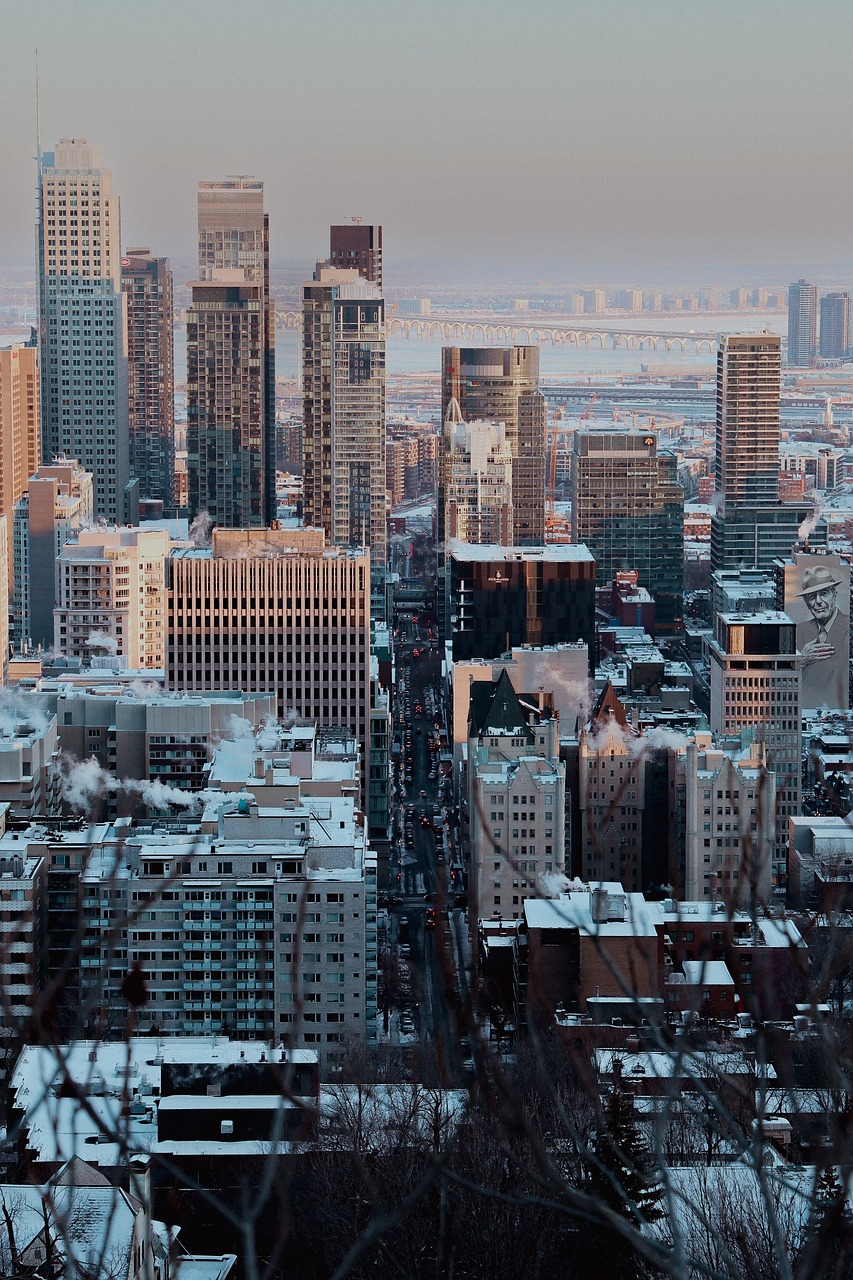
Economic and Technological Hub
- Business and Innovation: Montreal has emerged as a hub for technological innovation and startups. The city’s thriving tech sector and renowned academic institutions attract talent from around the world.
- International Events: Montreal hosts major international conferences and summits, contributing to its reputation as an economic and intellectual center. Events like the International Startup Festival and C2 Montreal attract entrepreneurs and thought leaders.
- Cultural Institutions: Montreal is home to numerous cultural institutions, including museums, galleries, and theaters. The Montreal Museum of Fine Arts, the Museum of Contemporary Art, and Place des Arts showcase the city’s artistic and cultural heritage.
Conclusion
Montreal’s cultural evolution is a testament to its rich history and the diverse communities that have shaped its identity. From its indigenous roots to its current status as a cosmopolitan metropolis, the city’s cultural heritage continues to thrive. Montreal’s arts, multiculturalism, green spaces, and technological advancements make it a vibrant and dynamic city that embraces its past while looking towards the future.
References
- montreal.ca
- tourisme-montreal.org
- mcgill.ca
- notredamebasilica.ca
- osheaga.com
- mtl.org
- cinemamontreal.com
- mtlmoments.com
- montrealgazette.com
- montrealinternational.com


